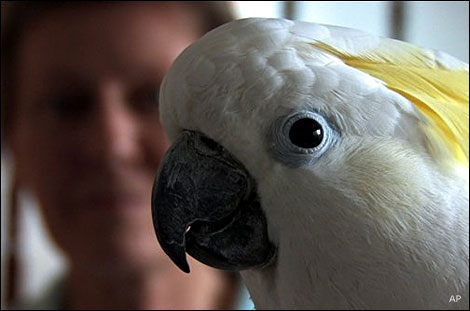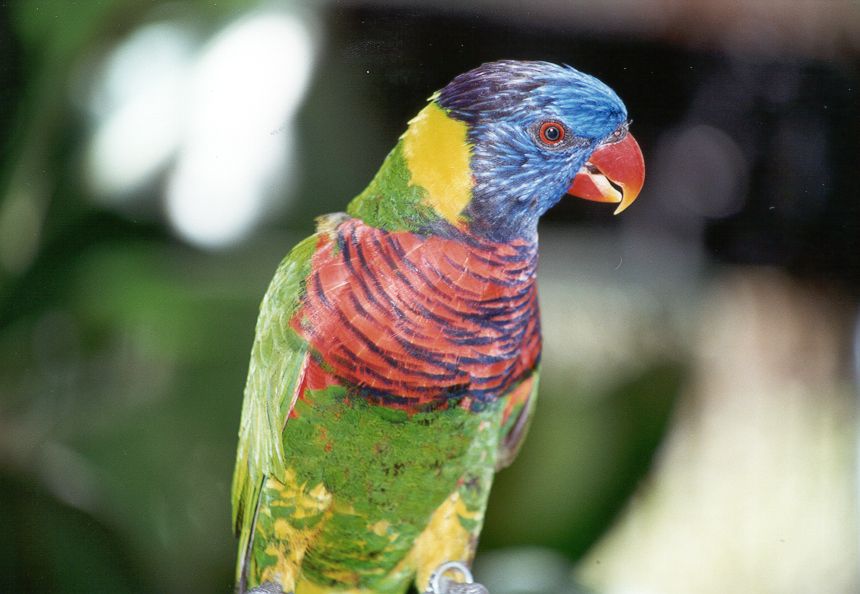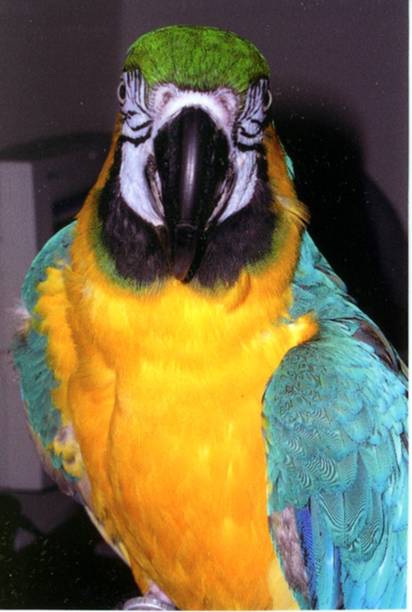Bird Lovers Only
Located In Northwest Indiana
A 501(c)(3) Corporation





|
Bird Lovers Only |

|

|

|

|
|
|
When, Why, And How To Find A New Home For Your Bird
When
Any permanent lifestyle change which affects the amount of time you interact with your bird. Permanent lifestyle changes include :
1) Death in family Primarily the person which the bird was bonded to. 2) Marriage Bird becomes jealous and develops an attitude. 3) New baby Attention is taken away from bird due to new addition in the family. 4) Divorce Primary caregiver or person the bird was bonded to is living elsewhere. 5) New job Extended hours away from bird. 6) Health Unable to care for bird's needs due to own health and well-being. 7) Moving and unable to take bird along. 8) Desire or need to travel which leaves bird with someone other than the primary caregiveror 'human mate.'
Why
Birds are pets first then they quickly become family. We call them our feathered children, but if we could understand their language they would be calling us their mate. They come to life when their human mate walks into the room, and they call for their mate when he/she leaves the room. They want AND NEED interaction and affection. No one can devote all the hours in the day to their bird. But the amount of time must remain constant or personality changes occur. They can become sad, withdrawn, spiteful, angry, jealous, bite their human mate, or even begin to hurt and mutilate themselves. The conscientious bird owner must recognize the difference between a temporary lifestyle change and a permanent one. Seek a new home before the bird's personality changes become permanent or difficult to reverse. There are not enough experienced and qualified bird behavior specialists out there to take on the task of retraining all the 'problem birds' nor should it get to point of needing one. Bird owners often hold onto the bird because they believe that the demands of work or family will lighten up and they will once again be able to spend time with the bird. Others have gotten so attached to them that they feel guilty in finding a new home for them. And still others believe that the bird is better off with them and could not possibly be happier elsewhere even though the bird is stuck in its cage with little or no interaction. As the months become years, the personality changes become more ingrained. PLEASE DO NOT WAIT UNTIL YOUR BIRD IS A PSYCHOLOGICAL AND/OR PHYSICAL MESS BEFORE YOU FINALLY DETERMINE THAT YOUR BIRD WOULD BE BETTER OFF ELSEWHERE.
How
There are many ways of finding a home for your bird.
1) You can place an ad and sell your bird to anyone interested in buying it, not knowing the care or love it will receive in its new home. 2) You can ask your family, friends, and even co-workers if they would be interested in taking your bird. The advantage to this is being able to visit the bird from time to time. 3) You can contact your vet's office and ask if they know of anyone who may be interested in providing a good home for their bird. This is always a good place to check since vets will know who takes good care of their birds and may be able to refer you to an interested client. 4) You can contact a bird rescue and ask what their adoption policies are. The advantage to this route is that the rescue will check veterinary references as well as character references of the applicants interested in adopting your bird. A rescue may also conduct a home visit prior to adoption to ensure that it will be going to a safe, healthy, and happy home. A rescue has the time and ability to scrutinize applicants and find the most suitable, permanent, and loving home for your bird .
Forms For Relinquishing a Bird
Note
On Relinquishing A Bird Each bird being relinquished must come with their own cage and it must be CLEAN and in good condition (no broken parts or sharp edges) and must not be a health concern with regards to rust or other corrosion. If the cage is deemed to be in poor condition upon arrival, the owner must make a donation to offset the cost of a new cage. |
|
Bird Lovers Only |

|

|

|

|
|